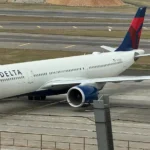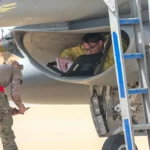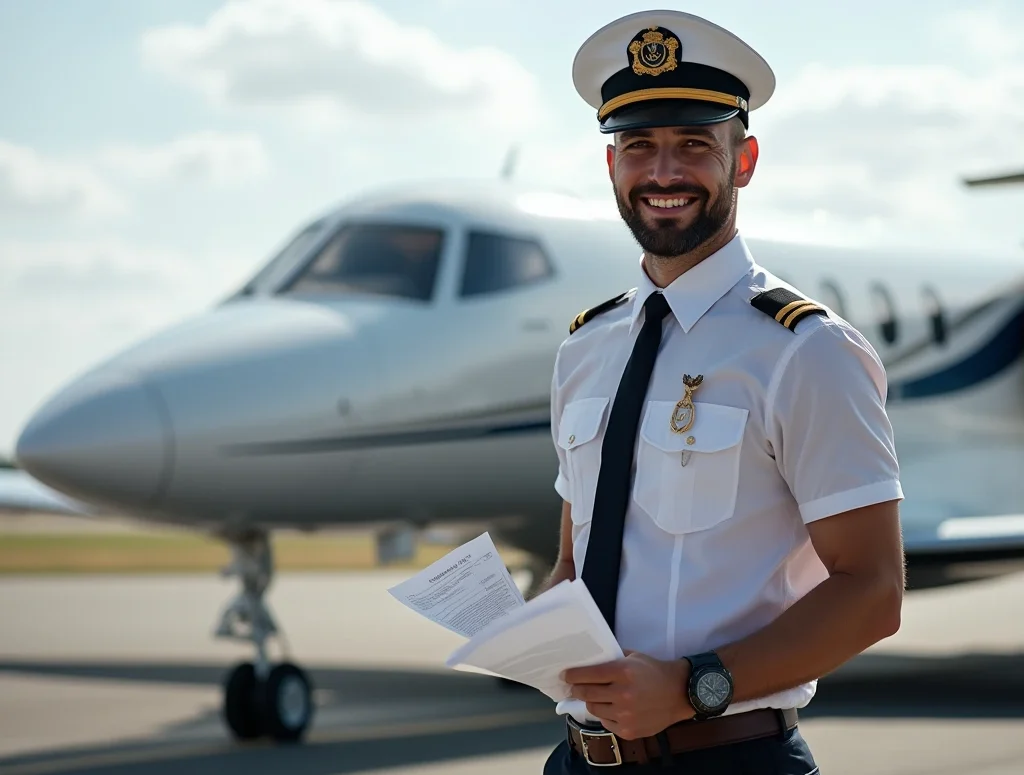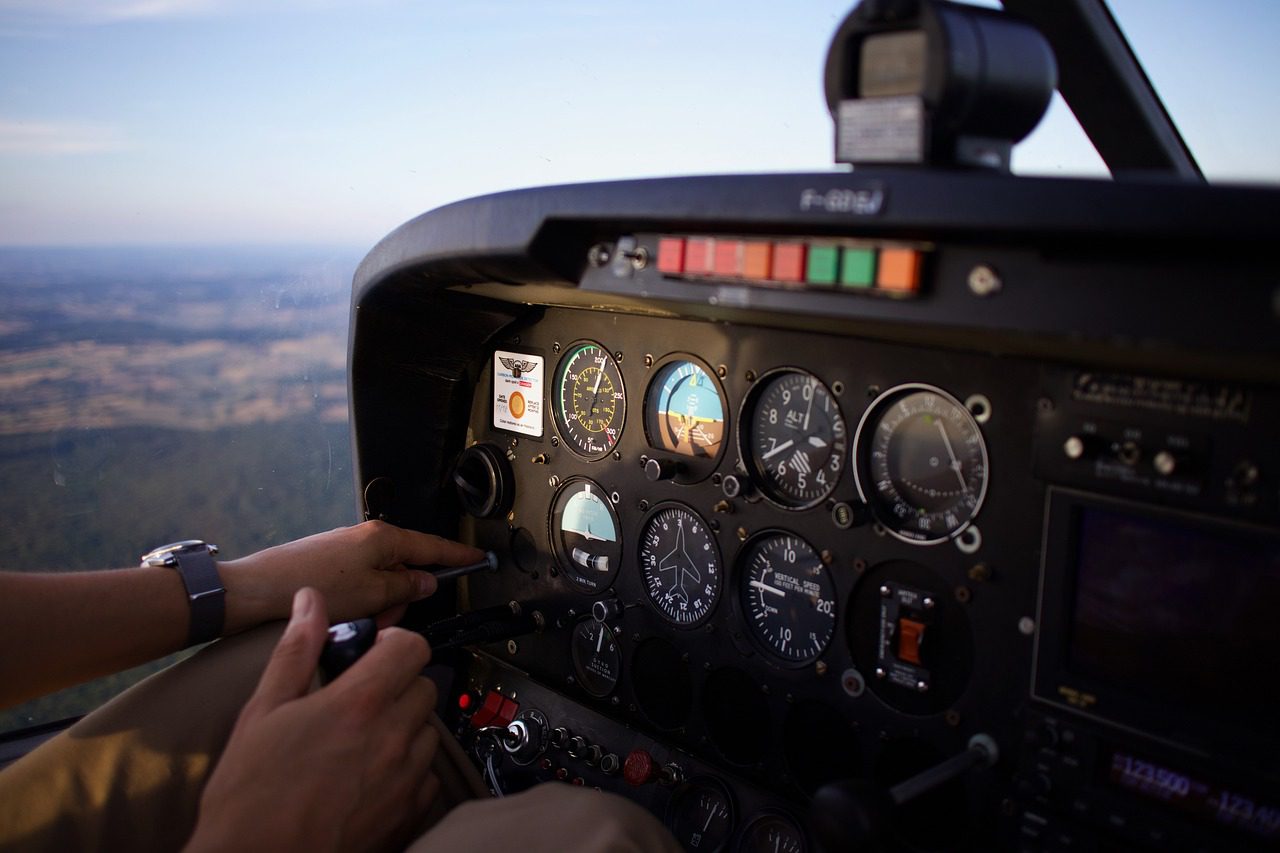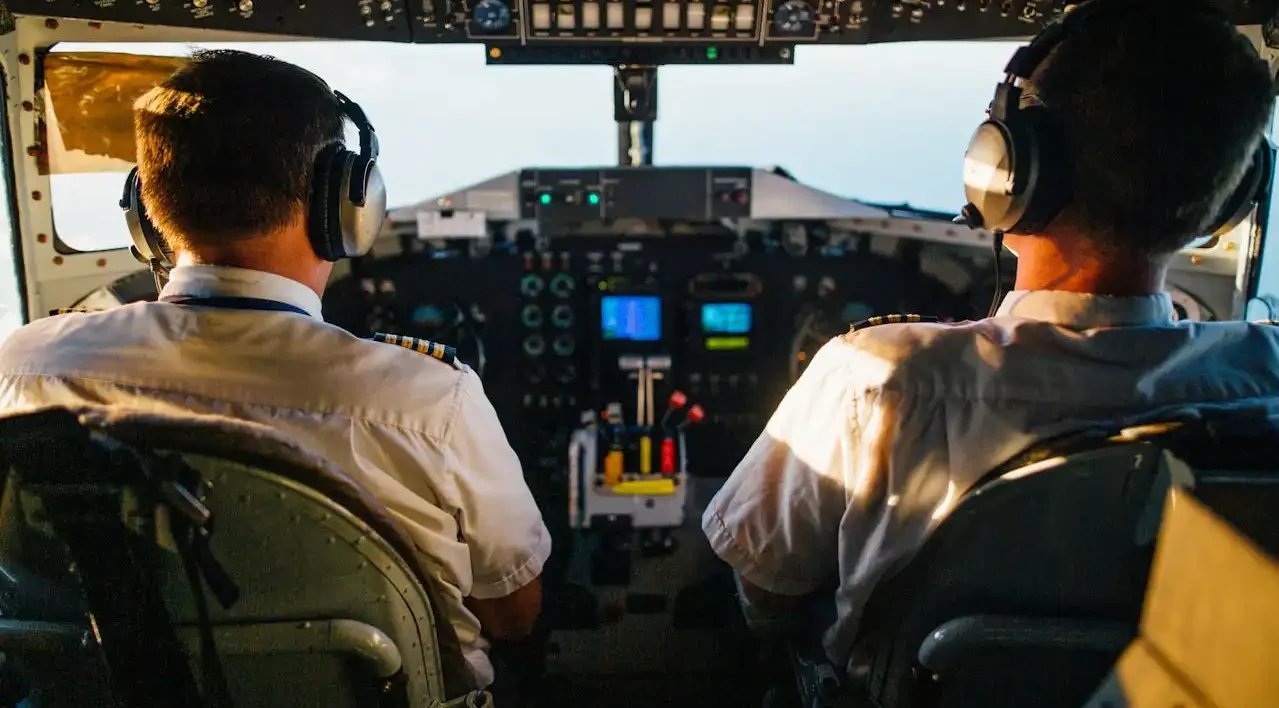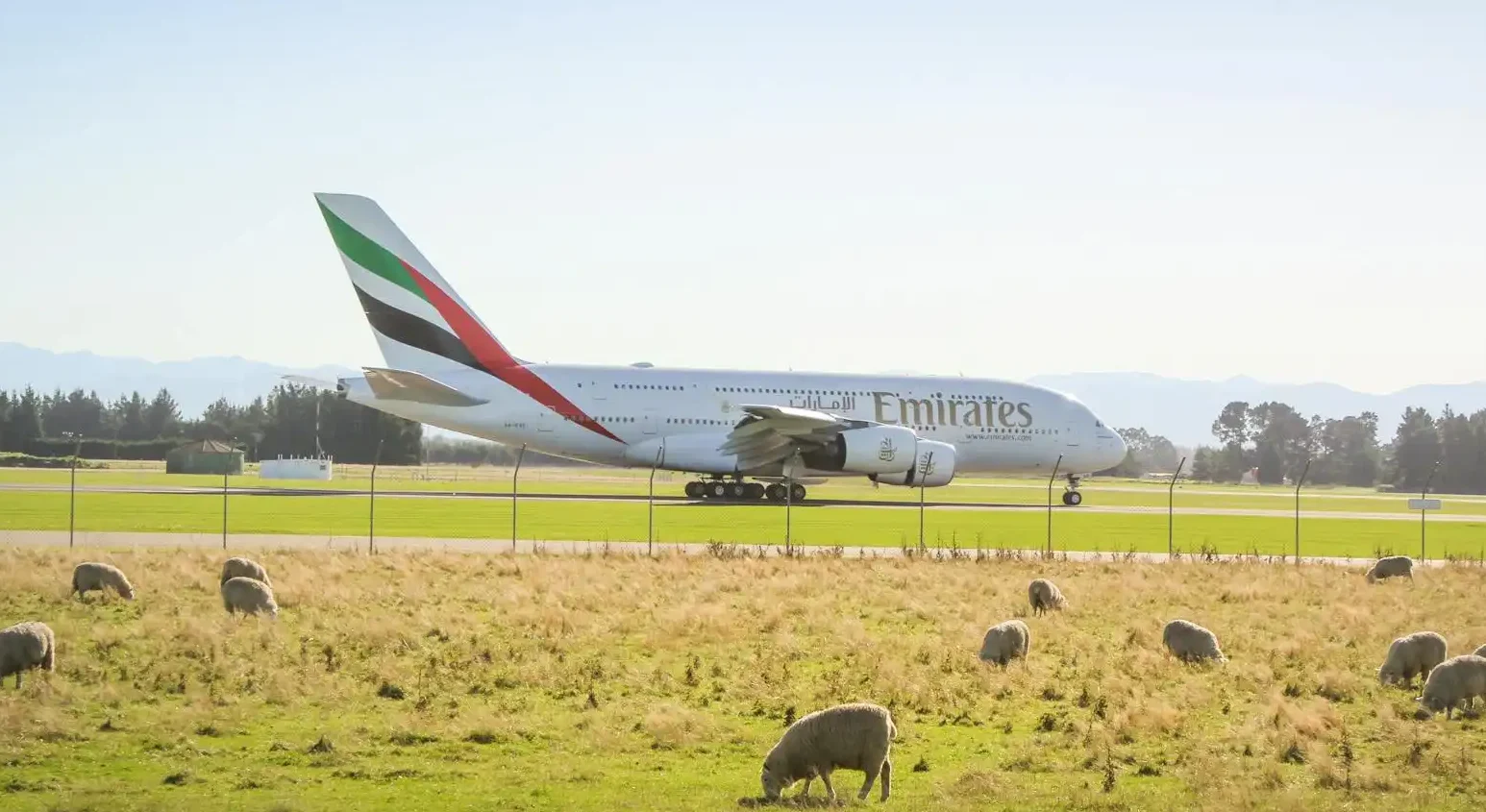The Truth About Flying with Outstanding Warrants
Wondering if can you fly on an airplane with a warrant? The short answer is technically yes – but it comes with significant risks that could turn your travel plans into a legal nightmare. When you attempt to board a domestic or international flight with an active warrant, you’re essentially walking into a situation where law enforcement has multiple opportunities to identify and detain you.
Today’s airport security protocols involve several identification checkpoints where your personal information is cross-referenced with various databases, including those containing active warrants. Understanding these risks is crucial if you or someone you know is considering air travel with an outstanding warrant.
How Can You Fly on an Airplane with a Warrant? Legal Realities and Consequences
When considering whether can you fly on an airplane with a warrant, it’s important to understand that different types of warrants carry different levels of risk. The Transportation Security Administration (TSA) itself doesn’t specifically search for people with warrants – their primary mission is ensuring transportation security, not enforcing unrelated legal matters. However, they work closely with other law enforcement agencies who do actively seek individuals with outstanding warrants.
According to data from the Department of Justice, over 70,000 arrests occur annually at airports and border crossings in the United States, with a significant portion resulting from warrant identification during security screenings. Here’s what typically happens when someone with a warrant attempts to fly:
- ID Verification: When you present your identification at the TSA checkpoint or airline counter, your name may be run through law enforcement databases.
- Database Cross-checking: The FBI’s National Crime Information Center (NCIC) maintains records of outstanding warrants that can be accessed by airport security and law enforcement personnel.
- Detention Process: If a warrant is discovered, local airport police will typically be notified and detain you before you board your flight.
Types of Warrants and Their Air Travel Implications
Not all warrants create equal risk when attempting to fly. Understanding the warrant type is crucial when evaluating whether can you fly on an airplane with a warrant:
- Bench Warrants: Issued for failure to appear in court or comply with court orders
- Arrest Warrants: Issued when there’s probable cause to believe you committed a crime
- Extradition Warrants: Specifically authorize transport across state lines
- Federal Warrants: Often prioritized and more likely to trigger an arrest
Minor warrants for issues like unpaid traffic tickets might not always appear in the screening process, while felony warrants are almost certain to result in immediate detention. According to research published in the Journal of Law Enforcement, approximately 65% of airport warrant arrests involve felony charges, while the remaining 35% relate to misdemeanors or failure to appear in court.
Legal Options for Travelers with Outstanding Warrants
If you’re concerned about whether can you fly on an airplane with a warrant, the best approach is always to resolve the warrant before traveling. Legal experts consistently recommend several steps:
- Consult an Attorney: A qualified legal professional can help determine the status and severity of your warrant.
- Address the Warrant: Pay outstanding fines, schedule court appearances, or follow legal procedures to clear the warrant.
- Obtain Documentation: If the warrant has been resolved, carry official documentation proving its resolution.
- Consider Alternative Transportation: For those unable to resolve a warrant before necessary travel, ground transportation may pose fewer identification checkpoints.
Many travelers don’t realize that even if they successfully board a domestic flight with a warrant, their risk increases significantly on return trips or connecting flights, as different jurisdictions may have varying levels of enforcement.
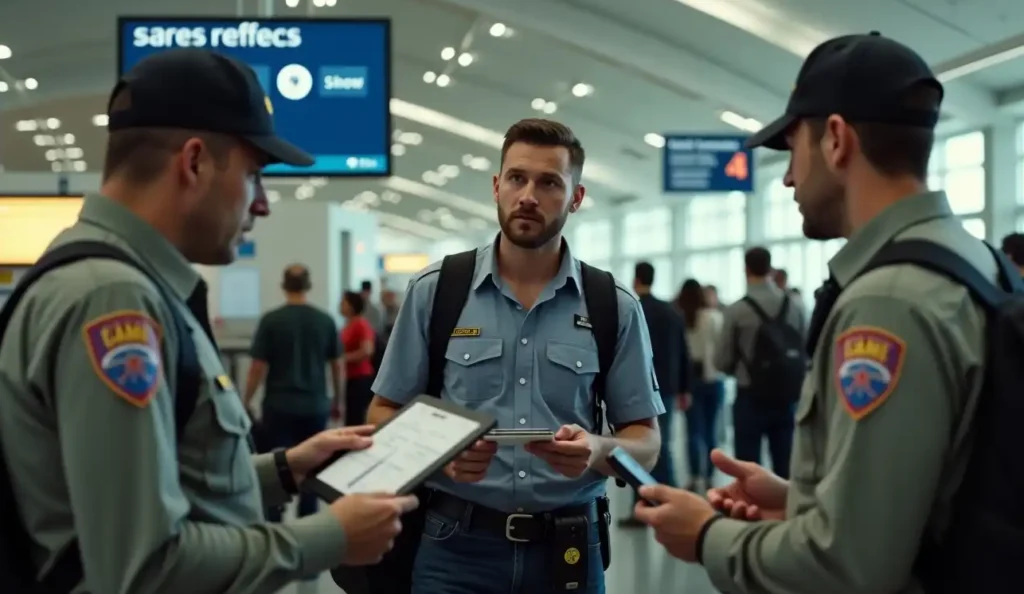
International Travel Considerations with Outstanding Warrants
Attempting international travel with an outstanding warrant introduces additional complications. Border control agencies like U.S. Customs and Border Protection (CBP) conduct even more thorough background checks on travelers entering or leaving the country. The risk of detection is substantially higher due to:
- More rigorous passport verification processes
- International law enforcement database sharing
- Increased scrutiny during border crossings
Additionally, if you manage to leave the country with an active warrant, you may face significant challenges when attempting to return, including potential detention at the port of entry.
Consequences of Being Detained with a Warrant at an Airport
If authorities discover your warrant while you’re attempting to fly, several outcomes are possible:
- Immediate Detention: You will likely be taken into custody by airport police.
- Missed Flight: Your travel plans will be disrupted with no guarantee of refunds or rebooking.
- Legal Proceedings: You may face the original charges plus potential additional consequences for evading the warrant.
- Extradition: If detained in a different jurisdiction, you may face extradition to where the warrant was issued.
According to transportation security experts, airports represent one of the highest-risk environments for individuals with active warrants due to the concentration of law enforcement resources and identity verification requirements.
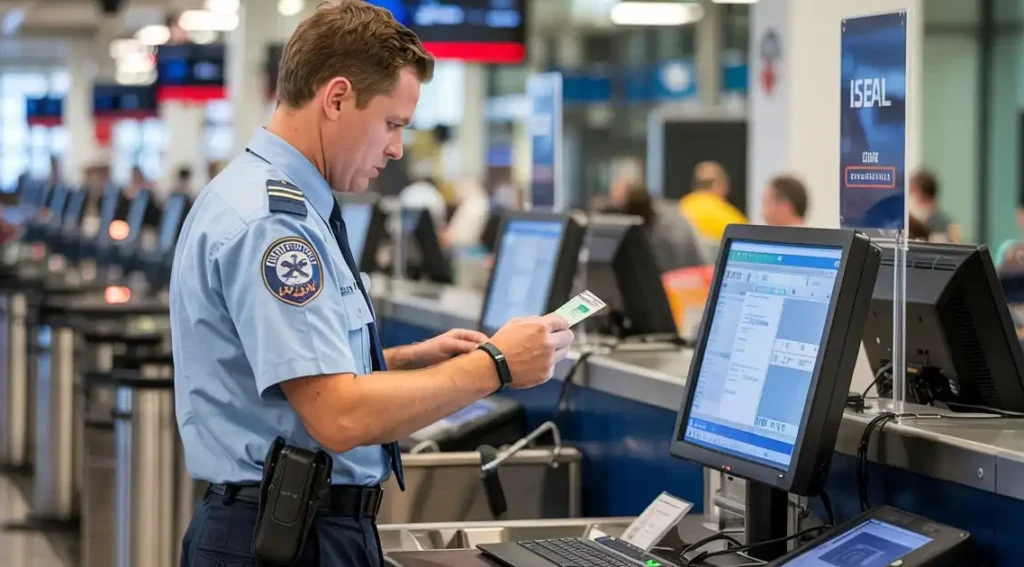
FAQ: Can You Fly on an Airplane with a Warrant?
Do airlines check for warrants before you board?
Airlines themselves typically don’t check for warrants, but they do verify your identification against the TSA’s no-fly list and share passenger information with government agencies. It’s the law enforcement presence at airports and the databases they access that create the risk of warrant detection.
Can you use TSA PreCheck if you have a warrant?
Individuals with certain criminal histories, including outstanding warrants, may be denied TSA PreCheck privileges. The application process includes a background check specifically designed to identify legal issues, making it an unsuitable option for those with active warrants.
Do minor warrants like unpaid traffic tickets show up at airport security?
Minor warrants may not always trigger an alert during standard security screening, especially if they’re only in local databases. However, there’s no guarantee—interconnected law enforcement systems are increasingly comprehensive, and even minor warrants can appear during routine checks.
What happens to your luggage if you’re detained at the airport?
If you’re detained before checking your luggage, it remains in your possession or with authorities. If detention occurs after check-in, your bags may be removed from the aircraft and held as potential evidence or returned to you depending on the circumstances of your detention.
Can a lawyer resolve a warrant while you’re traveling?
In some cases, attorneys can appear on your behalf to address certain types of warrants, particularly for minor offenses. However, this varies by jurisdiction and warrant type. Serious warrants typically require your personal appearance in court.
Is there any way to check if you have a warrant before flying?
Yes, several methods exist to verify warrant status before traveling:
- Contact the court clerk in jurisdictions where you might have a warrant
- Consult with an attorney who can conduct a thorough search
- Some jurisdictions offer online warrant search tools
- Request a background check on yourself
Conclusion
While technically can you fly on an airplane with a warrant is possible if the warrant isn’t detected, the significant risks make it inadvisable. Modern airport security systems create multiple opportunities for warrant discovery, potentially resulting in detention, missed flights, and additional legal complications. The safest approach is always to resolve any outstanding warrants before attempting air travel.
Share Your Thoughts: We Value Your Feedback!



